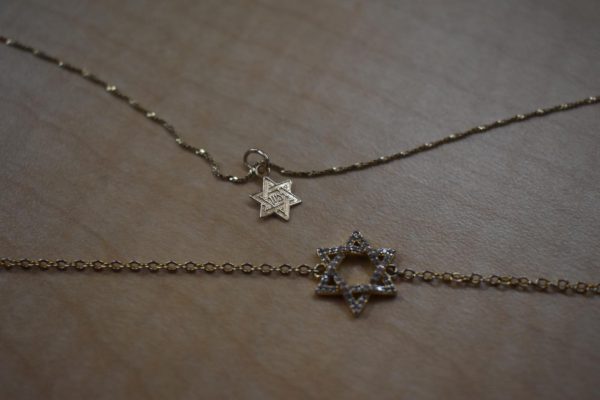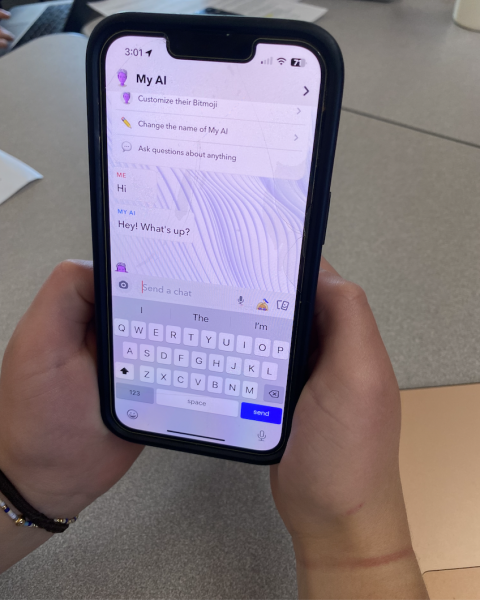The Coteries of Life
Trends. Trends are different types of activity that are regularly changing. It is followed by a significant group of people and is usually started by or made big by some form of influencer whether that be a teenager that blew up on TikTok such as Addison Rae, or a political figure such as our president, Joe Biden.
As a Sophomore in 2022, trends are all over my social media. Anything from the reintroduction of low-rise jeans to eating plant-based meats is constantly flooding my feed. Although juice cleanses and healthy food options are now considered a trend, that wasn’t always the case. For example in the fifties when fast food first blew up, that was a trend. People didn’t care as much about their diet because they knew less about how it can harm the body so places such as Burger King and White Castle blew up.
Trends can come in all different forms. It can be anything from corsets in the 1900s to crime rates in Brooklyn and how they suddenly decreased in the 1980s-1995. But the real question is why are there trends? What forced these coteries upon us? Group Polarization? That certainly plays a role. Group polarization is when a group of like-minded people change the attitudes of others surrounding them creating an environment where new ideas are rarely shared and other opinions are not valued. Ultimately one central theme will become too extreme.
Another reason trends may appear is because sometimes people assume that others are wiser than them so it would be smarter to do as they say, or other times fear holds them back from pursuing what they want or speaking up for themselves. Those internal conflicts are completely normal and understandable, but also something we can change.
Naturally, we all have an inner desire to be wanted and to feel like we belong. This has been the case for centuries. All the way back to our ancestors who lived in constant threat so they came together as a group and used teamwork to survive. Now, this also relates to how trends work.
Early adopters and innovators are some of the primary trendsetters. It truly depends, but it is fair to say that early innovations can often change from being a cult movement to being a global phenomenon if followed by the right people. For example, if influencers or a specific group of people are seen wearing something or sponsoring a specific item, it can be assumed that many will follow in their footsteps. With the late majority and large majority, trends are able to flourish. But why do we act similarly to those early adaptors or celebrities?
The answer can be anything from being part of the greater community that can give you a sense of belonging, meaning, or purpose. Some do it to prevent seeming weird or to be accepted by the dominant group. Others do it to avoid making mistakes. Overall, being human, naturally, we all want to feel meaningful, and being part of a group gives us that sense of family we all long for. Whether or not we would like to believe it, we are all naturally conformists. With time, humans have evolved into a society where one lives in a group. This immediately reduces conflict and creates a steady and smooth society while simultaneously shutting down opposing ideas and killing creativity. As we conform, we see that people begin to compromise their morals and ethics simply to be accepted.
This can be seen in the way one’s behavior alters, the way one chooses to dress, and even the way one speaks.
On a similar note, our brains take cues from our environment and the people surrounding us impacting the way we behave. This leads to less control over our actions and thoughts. Way less than you would imagine. Most of today’s generation has lost their sense of individuality and instead consumes whatever information society is telling them, whether that be the actions they make or the way they think internally. For example, wearing clothes such as crop tops that show higher amounts of mid-drift are extremely popular amongst teenage girls in 2022. This could be because individuals simply feel the most confident when showing more skin, or more likely, it is a direct result of the conformity seen in the society we live in. Because of this, newer generations such as Gen Z, have become overgeneralized, and uniqueness and personal character growth are limited.





























